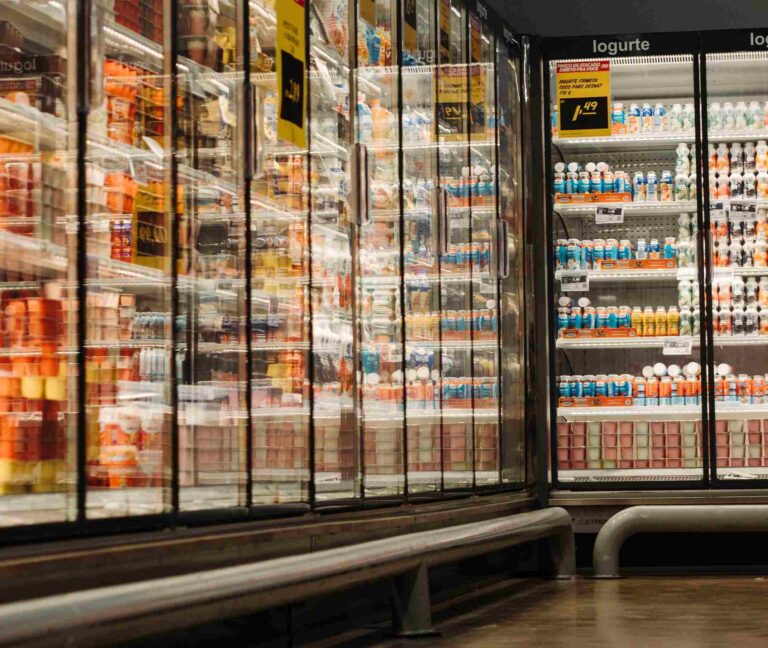It is back to shrinkflation, an English neologism that puts together the words shrink and inflation. It is the business strategy that companies use to cope with price increases to the detriment of consumers, but without the consumers noticing.
Unshrinking involves reducing the size, quantity or even quality of the products on sale, but keeping the same price as in the past.
During the past year we have witnessed this phenomenon in several sectors, with 400-gram packages of pasta sold at the same price as classic 500-gram packages, packages of cookies with less product inside, and even soft drinks sold in bottles and cans with the same amount of liquid only in appearance.
Table of Contents
Shrinkflation, investigations in companies and outlets
The law does not prohibit this practice, however, consumer groups are calling for more transparency. A customer should always be informed before purchasing.
In fact, although products generally have the weight on the label, selling them in packages and with prices very similar to the past can induce people to distractedly buy a package with less food, paying much more than competitors. Some companies even illegally indicate one weight on the label for another.
Often the packages with less product are the same size as the “original” ones, but with even higher prices.
To protect the public, the Directorate General for Competition, Consumer Affairs and Fraud Prevention (Dgccrf) in France took to the field, conducting dozens of checks on companies that package food products.
Not many irregularities were found, although 11 percent of the establishments had an anomaly. For some products there was no display of the price per kilo, and for others there was no match between the unit price and the displayed price.
The solution to Shrinkflation proposed by a minister in France
That is why French Minister Olivia Grégoire, head of the department for Small and Medium Enterprises, Trade, Crafts and Tourism, said. “It will be necessary to improve transparency and consumer information by putting pressure on producers and distributors”. She announced a particular measure that will affect citizens.
Indeed, the French will become informers and whistleblowers of “anomalies,” with privileged channels to report changes in quantities and prices not reported on packages and other unfair business practices.
Similarly, other European Union countries could move in a similar way, with an anti-shrinkflation clampdown to protect consumers, already tried by the crisis that has hit the eurozone, and forced to make ends meet amid inflation, the high cost of living and the increase in interest rates decided by the ECB.
Read also: Higher salaries, Europe says “no”: why the ECB and Lagarde oppose it












